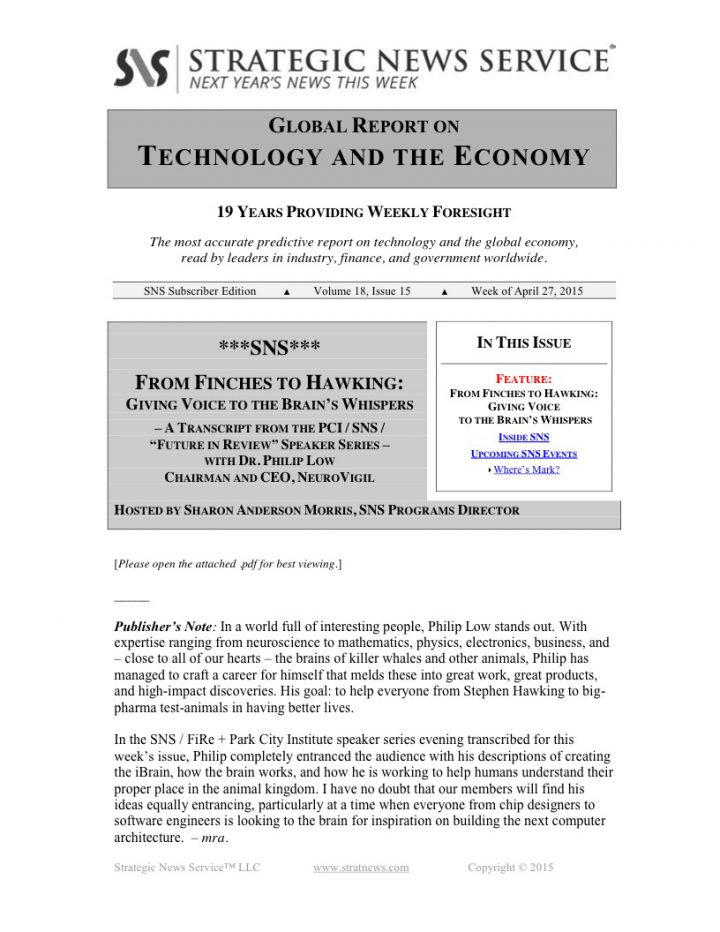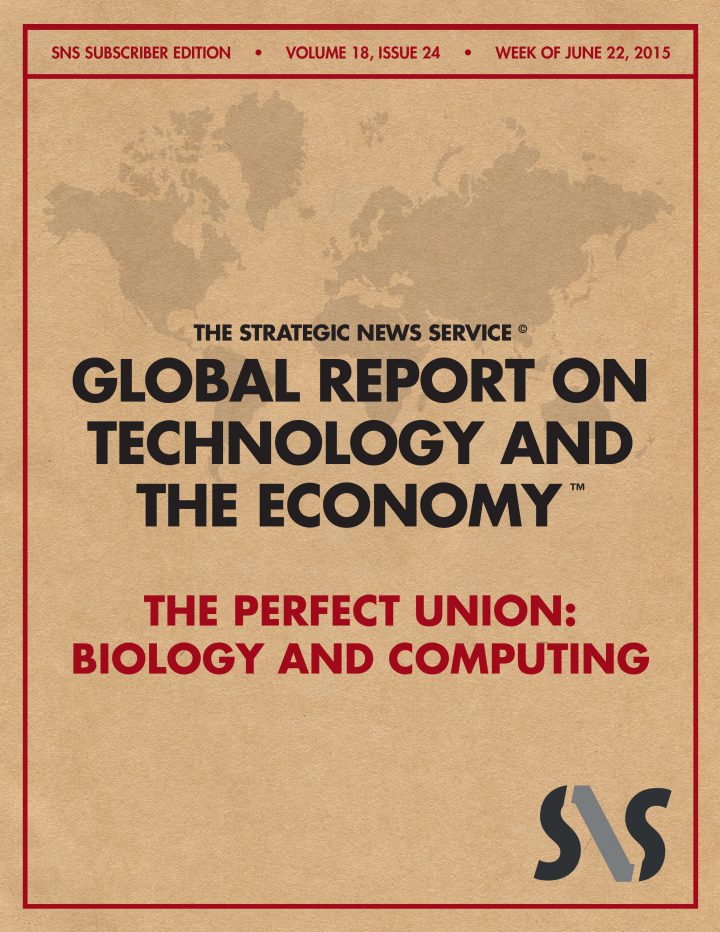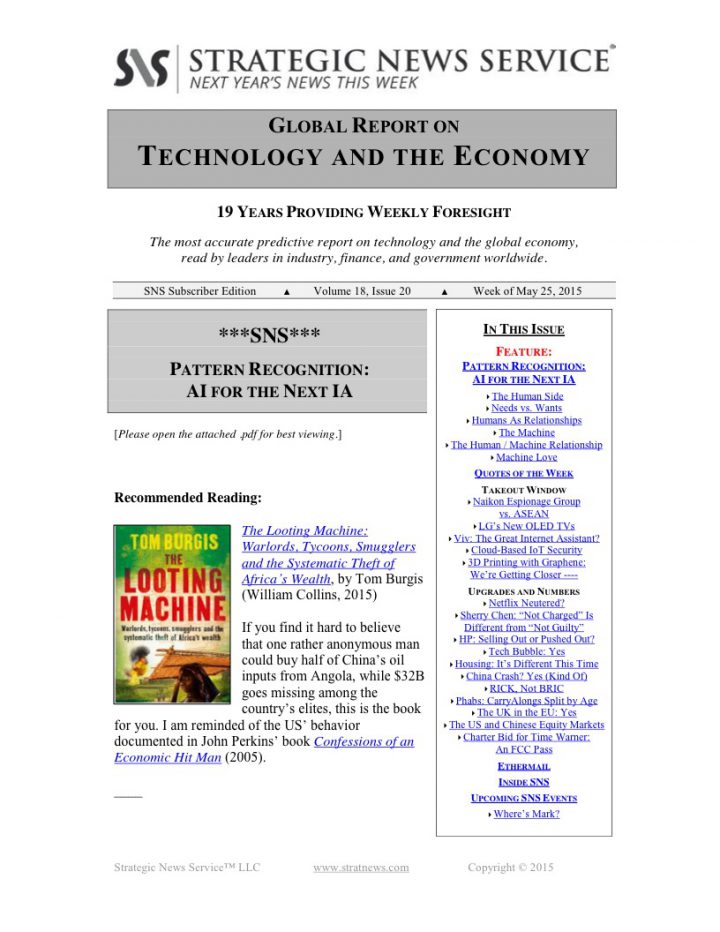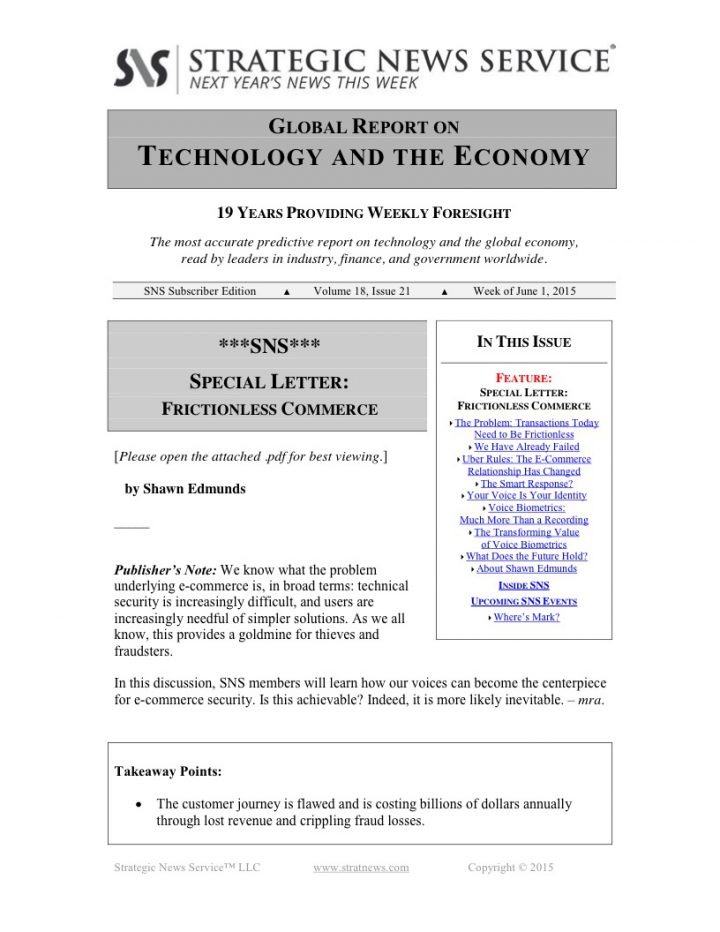In This Issue
Week of 08/06/2018
Vol. 23 Issue 26
Technology’s Second Asset / China’s Second Trick: Tariffs, Tech, and Real Estate, Part I
- Hu Jintao and the Land Grab
- The West Coast Story
- Vancouver, British Columbia
- Vancouver Demographics
- More Recent Bubbles
Quotes of the Week
Upgrades
- The INVNT/IP Digest
Ethermail
—-
“Just a few weeks ago, virtually all of the world business press was predicting that, if the US began what we will properly call a “tariff war,” China would be the quick winner. We predicted the opposite.
Today, almost every US market and leading indicator is either up or up strongly, while the reverse is true in China. From GDP to bankruptcy rates, from Fed interest rate moves to corporate earnings, the US is up, and China is down. All US markets are looking strong – except one.
And, typically, the silo’d experts in the US real-estate market are, with a few exceptions, finding every cause for a sudden change. The real-estate business press is busy with general silo explanations like “price fatigue” (??), “topping out,” “market pause,” interest rate increases, inventory expansion, and (fill in the blank).
These “expert” stories are everywhere, and, in our view, they’re wrong. The writers are accounting accurately for the incremental – but unimportant – causes behind current market changes. There’s only one major problem: they didn’t study China in school.
About 18 months ago, GeekWire’s John Cook and I had the opportunity to join a roundtable discussion hosted by one of my favorite organizations, the Technology Alliance Group (TAG) of Bellingham, Washington. TAG’s general theme, for the last few years, has been how to draw tech companies from Overheated Seattle to Beautiful Bellingham.
During that meeting, pointing out that the Chinese economy is contracting, I asked the group what they thought would happen if China left the Seattle real-estate market. My view was that no one is currently thinking about it, and that the Seattle market will take a mammoth hit. Since no one has properly accounted for China’s impact on the market while it has caused the nation’s largest real-estate bubble, there’s no obvious way to measure the impact on price, inventory, days on market, and all the other metrics one would want to follow on the way down.
For those who care about these things, the Seattle market is only the latest in a longer story about real-estate bubbles – mostly on the West Coast of North America, but also extending to places like Chicago, NYC, and even Sydney, Australia.
For most observers, the story that made the most sense was that technology jobs had driven real-estate prices in major cities through the roof, to the point that even the tech workers themselves couldn’t afford to live where they worked – nor, certainly, could few others less fortunate.
And while there can be no doubt that this foundational change, in some cities more than others, has provided what might be considered a “demand floor” under pricing, in this two-part discussion I’m going to propose that this alone cannot account for the astounding increases experienced over the last decade.
As proof, we’ll look at what has happened in just weeks or months to those huge markets, as the Chinese Communist Party (CCP) turned off the capital flows, both for its own internal reasons (needing those investment funds at home) and for closely related political and economic reasons (fighting what the Chinese call a “trade war”).
Clearly, technology’s second asset, if we ignore the income multiplier that accompanies well-paid jobs, is embodied in the enhanced real-estate values where those jobs exist. But just as clearly, there are external market forces that, when applied above this demand floor, have sent prices into astronomical territories.
We’ll focus on Chinese domestic policies, and on the markets in Vancouver, BC, this week. In Part II, we’ll look at Seattle – not because it’s our home city, but because it has moved up the national real-estate ladder from “pretty good” to the fastest-growing market in the US. And while most SNS members are likely now thinking, “Sure, but that’s because of Amazon,” we want you to consider that: a) Amazon workers tend to be relatively poorly paid; b) most of them live outside the city, for cost reasons; and, if still necessary, c) the story of Seattle sales has been one of houses sold in minutes, for cash, at prices 10% to 30% above asking price.
…”
SKU: SNS-2018-08-10 - Need Help? Contact Us Leave Feedback
Categories: 2018 Issues, Back Issues
Tag: PDF Download





